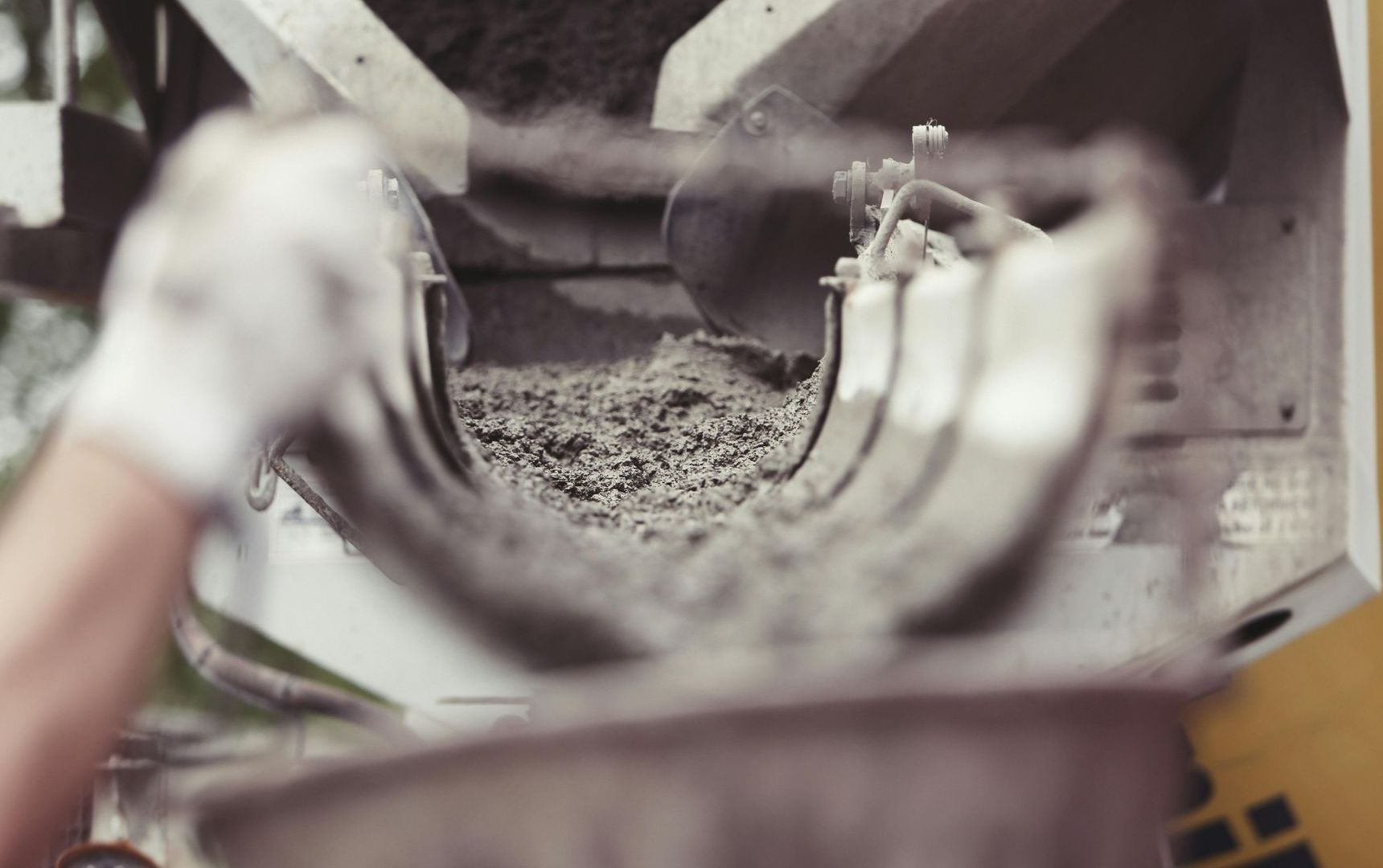Is Epoxy Flooring Suitable For Commercial Use?

If you are looking for commercial epoxy flooring for your business, there are a few things you need to consider. One of the first things you should look into is durability. Luckily, there are options out there that can withstand a lot of wear and tear and still look good. Also, you want to be sure you choose something resistant to mould, bacteria, and germs. This will help protect your employees and customers from all kinds of infections.
Durability
Epoxy flooring is one of the most durable types of commercial flooring available. With the proper care and maintenance, your floor can last at least a decade. In some cases, epoxy coatings can extend your flooring's lifespan by three times.
An epoxy flooring system is a great way to protect your floor from the hazards of traffic, temperature, and chemical exposure. It also minimises the chance of cracking and sinking.
The durability of epoxy is primarily attributed to the hardening process. Although some epoxy setups may require up to a week of dry time, the result is a challenging and hard surface.
Epoxy coatings are the perfect solution for high-traffic commercial environments. They are also easy to clean and maintain. This type of flooring has become the standard for many industrial settings.
Besides being durable, an epoxy floor can be customised to suit your needs. You can choose from a variety of colours and designs to create a look that's both eye-catching and practical.
Choosing the best option involves considering the amount of traffic on your floor and how often you'll be using it. If you're operating heavy machinery or in an oily area, you'll want to choose an epoxy that can withstand the rigours of your daily routine.
Besides being tough, epoxy has some other qualities that make it a desirable option for industrial environments. For instance, you can make your floors slip-resistant and virus-resistant. Additionally, epoxy can be retextured and repaired. Moreover, numerous varieties of epoxies have been approved by the USDA for use in food processing plants.
Resists abrasions
When it comes to choosing the suitable coating for your product, abrasion resistance is a significant factor. It can extend the life of your component, improve part performance, and reduce friction caused by rubbing.
There are several ways to measure abrasion resistance, including the falling sand test, single-point scratching, belt abrasion, and Taber Abraser. Each method requires different test parameters and results, and it is often difficult to compare the results of one test to the other.
In most cases, the rate of wear is dependent on the surface hardness of the material. Increasing the hardness of a material can help increase its resistance to abrasion. However, other factors are involved in wear resistance.
The Taber Abraser test is the most common method of determining abrasion resistance. This method involves rotating an abrasive wheel over a test specimen. The weight lost from the abrasive wheel is then measured.
Wyzenbeek and Martindale testing can also be used to measure abrasion resistance. These tests measure flat abrasion resistance and do not account for edge abrasion.
A variety of high-strength medium carbon steels have been designed to be highly abrasion-resistant in impact abrasion. They can be alloyed with a wide range of wt-% of Mo, Mn, and Cr. Among the high-carbon steels used for these applications, some have been alloyed with up to four wt-% of Cr.
Various other mechanical properties may also affect abrasion resistance. For instance, boron added in small concentrations can enhance abrasion resistance. Similarly, Ni can improve flexibility and tensile strength.
In the commercial sector, some steels are manufactured with a severe thermomechanical treatment to promote fracture toughness. These types of steels require long heat treatment schedules.
Resists mould, bacteria, and germs
Biological resistance is a multidimensional phenomenon that varies with the specific wood. Despite its name, it is not only resistant to mould but also to bacteria and germs. To assess its performance, researchers performed a complex study based on 21 tropical wood species.
During the analysis, the scientists found that the most effective specimen was the macassar ebony (Diospyros celebica Bakh). This dark red wood exhibited good, if not the best, bacterial resistance. Meanwhile, the dark red meranti (Shorea curtisii Dyer ex.) had a modest but significant performance. However, in terms of fungi, it lags behind the macassar.
To test the wood's ability to resist mould, the scientists conducted a laboratory-based experiment in which specimens were inoculated with a spore suspension containing 106 to 107 spores per millilitre. After two days of incubation, the spores were removed, and the specimens re-inoculated.
Considering that mould is a natural hazard, it is a good idea to ensure that the substrates you use are resistant to it. For instance, it is advisable to avoid sharing bath towels. Similarly, it would be best if you washed your hands after touching pet waste. Also, it is important to keep the temperature of foods at a moderate level. Do not expose food items to heat above 160°F.
One of the most interesting studies involved comparing mould growth on various wood-based materials under various environmental conditions. Various factors were evaluated, including humidity, temperature, and sawing pattern. Temperature, moisture content, and roughness of the surface were considered major determinants.
Another study compared the rot-fighting abilities of various tropical wood species. In addition to the usual suspects like teak and oak, the authors included the darker red meranti. These specimens were tested against a variety of wood-decaying fungi. The authors also analysed the relative performance of various types of bacteria and germs.
Low-maintenance
Epoxy is a strong, durable, and easy to maintain flooring option. It can be used in commercial and industrial settings, including warehouses, hotels, sports facilities, and restaurants. You can choose from a variety of finishes to suit your decor and budget.
A great benefit of epoxy flooring is that it can be installed without seams. This makes the flooring resistant to moisture and heavy foot traffic. In addition, it is easy to clean.
Using a clear ammonia and water mix will remove built-up dirt. You can also gently sweep the floor with a foam mop head.
If you are considering installing epoxy flooring, it is important to consult an expert. They will help you select the best type for your needs. The suitable material can last up to ten years or more with very little maintenance.
Before installation, the concrete surface must be cleaned thoroughly. A rough surface can create slip and fall problems. Make sure to eliminate all loose particles, such as dirt, debris, and dust.
Once the floor has been cleaned, prepare the surface for the epoxy. Depending on the system you choose, you may need to apply a base coat. Allow this to cure for about 72 hours.
After this, a top coat of epoxy can be added to achieve the highest shine. Applying the epoxy is a simple process.
To keep the epoxy surface clean, sweep and vacuum it regularly. Avoid using harsh chemicals, such as citrus-based cleaners. Also, avoid products that contain de-icing agents or acids, as these can damage the coating.
For added durability, consider applying a quartz-filled epoxy. While it is not suitable for every environment, it can improve the functionality of your floors.
Cost
Epoxy flooring for commercial use is an affordable option for protecting your work area from harsh chemicals, spills and wear and tear. However, the cost to install epoxy can vary based on your location, the type of epoxy, and the contractor you hire. It's essential to do your research and get estimates from several local companies before making a final decision.
The amount of labour required will also affect the price of installing epoxy flooring. A smaller room may cost only a few dollars, while a larger room will require more time and labour.
The cost of an epoxy floor can range from $5 to $7 per square foot. Different types of epoxy are available, and if you choose the wrong one for your needs, you could end up with a mess.
When choosing an epoxy flooring company, make sure you select a reliable, experienced company that offers a fair price. Check the Better Business Bureau and ask for referrals.
In addition to labour, you'll need to spend money on materials, such as epoxy and accessories. Depending on the contractor you choose, you may have to rent power tools, such as a sprayer, or buy equipment, such as a wet-dry vacuum.
You'll also need to pay for acid etching chemicals, which cost $20 to $30 per gallon. Additionally, you may need to buy a paddle mixer, a box of rubber gloves, and clean buckets.
Epoxy garage floors cost between $1500 and $3150 for an average home. If you plan to have a professional installer install the floors, you'll need to negotiate a discount.
You can also install the epoxy yourself. Paint stores sell do-it-yourself epoxy floor kits. This can cut costs by 40 per cent.
Contact us today at
(03) 9123 6422 for your concrete driveway.
Ready to work with Cranbourne Concreters?
Let's connect! We’re here to help.
Send us a message and we’ll be in touch.
Or give us a call today at (03) 9123 6422

